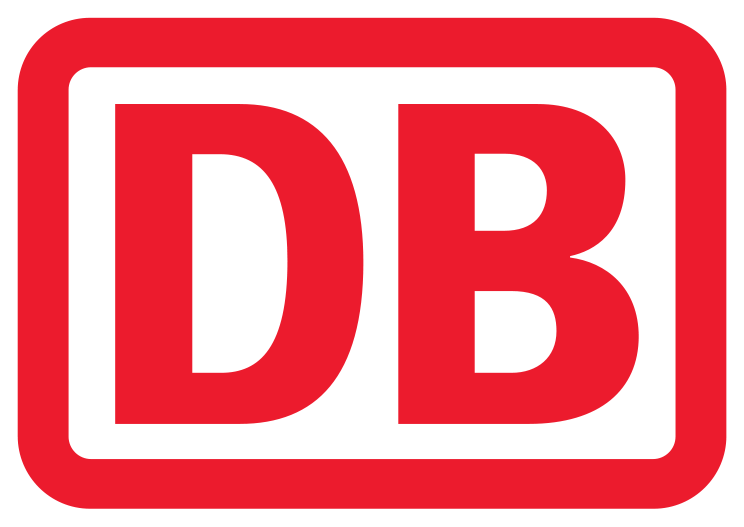Compact coaching training
Systemic coaching skills for everyday working life
Certified by the Hochschule der Wirtschaft für Management (HdWM), Mannheim

The compact coaching training course was designed in cooperation with the Mannheim University of Applied Management Sciences and meets the university's quality standards in terms of overall concept, content, trainers and examination. As a result, participants benefit from high-quality qualifications with guaranteed topicality, high practical relevance and excellent trainers.
- Systemic thinking and theoretical models in coaching.
- Role and attitude as a coach: Differentiation from counseling and therapy.
- Phases of the coaching process, relationship design and professional clarification of the assignment.
- Coaching contexts in the company and dealing with different types of coachees.
- Systemic questioning techniques, tools and active practice.
- Field of tension: Using role, person and organization in coaching.
- Solution-focused discussion and targeted interventions.
- Designing visualizations in coaching, resource work and change processes.
- Handling conflicts professionally: Tools and systemic approaches.
- Your coaching toolbox: reframing, constellation work, provocations, deep dive executive coaching.
- Creating clarity: location analysis and images of the future.
- Changing perspectives, activating resources.
- Dealing with internal saboteurs and external obstacles.
- Staying on course and dealing with critical situations in the coaching process.
- Sustainable coaching conclusion and transfer to everyday life.
- Tool box: Timeline work, externalizing, targeted use of narratives and much more.
Contents
This six-month course provides compact and practical coaching skills for supporting people and processes in a corporate context.
Module 1: You will learn the basics of systemic coaching, including the role and attitude of the coach and typical coaching phases. You will use appreciative communication and targeted questioning techniques to design your first coaching sessions independently.
Module 2: The focus is on resource- and solution-oriented methods to support individuals and teams in developing new ways of seeing and acting. You will develop the skills to intervene effectively in complex change projects using systemic methods.
Module 3: You will learn how to deal constructively with challenges in the coaching process, how to ensure the transfer to everyday life and how to conclude the coaching conversation professionally.
Learning environment
Your benefit
- Coaching skills for effective support of people and processes
- Understanding of the theoretical foundations of systemic coaching
- Designing the various phases of the coaching process
- Development of an appreciative and solution-oriented attitude
- Use of customized coaching tools for various contexts and problems
- Application of effective discussion methods and solution-focused questioning techniques
Methods
In order to ensure the maximum transfer of coaching skills, this training follows a systematic and holistic methodical approach:
Instructor input, case studies/best practice examples, interactive development of content in teams, self-awareness and reflection, numerous practice sequences with individual feedback, as well as discussion and exchange of experiences.
Between the modules, you will work on transfer tasks in self-study. Experiential and action-oriented learning are at the heart of the compact coaching training course. The training group also serves as a space for experience and feedback to develop your own coaching skills.
Recommended for
employees employees, managers, consultants, trainers, mediators and people in social or educational professions who want to expand their coaching skills and specifically promote the self-management of individuals and groups.
Further recommendations for "Coaching Training Compact"
FAQ on coaching training compact
The compact coaching training course is particularly suitable for managers, HR managers, project managers and Scrum Masters who want to support others in developing their self-management skills. The training offers practical exercises to ensure that the methods learned can be easily integrated into your own everyday professional life. The systemic attitude and methods acquired are also useful in conducting discussions and shaping relationships and allow for targeted process support.
You do not need any special prior knowledge in the field of coaching. However, a degree or equivalent qualification and at least two years of professional experience are recommended.
In this exceptional case, we will work with you to find a solution so that you can catch up on the content you have missed.
We work in small groups of 8 to a maximum of 12 participants.
An exchange with the other attendees is even explicitly planned as part of the learning groups that take place between the modules. In the learning groups, you will deepen your knowledge, practise various methods and strengthen the transfer of learning. The trainers are also available to answer any questions you may have. You can also contact us with questions at any time.
To receive the certificate, you must have taken part in all modules and worked in the learning groups between the modules, as well as submitting a written paper.
With the compact coaching training course, you will position yourself professionally and lay the foundations for a successful career as a coach. The training focuses on developing practical coaching skills. The methods and, above all, the systemic approach will also support you in many discussion and management situations.
You have the opportunity to attend the advanced training for the coaching training compact. If you have participated in both the coaching training compact and the advanced training for the coaching training compact, you have the opportunity to join the coaching association dvct.de.
Yes, the Coaching Training Compact is certified by the Mannheim School of Management (HdWM).
- Customized training courses according to your needs
- Directly at your premises or online
- Cost advantage from 5 participants
- We contact you within 24 hours (Mon-Fri)
Start dates and details
The participation fee includes
- one joint lunch per full seminar day,
- Catering during breaks and
- extensive working documents.
Hotel accommodation costs are settled directly with the hotel. You will find a reservation form for hotel bookings in your learning environment.
The participation fee includes
- one joint lunch per full seminar day,
- Catering during breaks and
- extensive working documents.
Hotel accommodation costs are settled directly with the hotel. You will find a reservation form for hotel bookings in your learning environment.
The participation fee includes
- one joint lunch per full seminar day,
- Catering during breaks and
- extensive working documents.
Hotel accommodation costs are settled directly with the hotel. You will find a reservation form for hotel bookings in your learning environment.
The participation fee includes
- one joint lunch per full seminar day,
- Catering during breaks and
- extensive working documents.
Hotel accommodation costs are settled directly with the hotel. You will find a reservation form for hotel bookings in your learning environment.
The participation fee includes
- one joint lunch per full seminar day,
- Catering during breaks and
- extensive working documents.
Hotel accommodation costs are settled directly with the hotel. You will find a reservation form for hotel bookings in your learning environment.
The participation fee includes
- one joint lunch per full seminar day,
- Catering during breaks and
- extensive working documents.
Hotel accommodation costs are settled directly with the hotel. You will find a reservation form for hotel bookings in your learning environment.
The participation fee includes
- one joint lunch per full seminar day,
- Catering during breaks and
- extensive working documents.
Hotel accommodation costs are settled directly with the hotel. You will find a reservation form for hotel bookings in your learning environment.
The participation fee includes
- one joint lunch per full seminar day,
- Catering during breaks and
- extensive working documents.
Hotel accommodation costs are settled directly with the hotel. You will find a reservation form for hotel bookings in your learning environment.
 4.7
4.7











